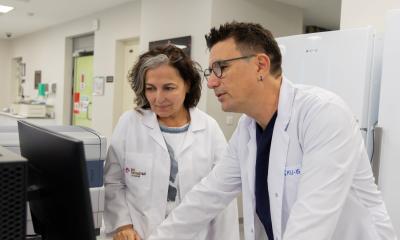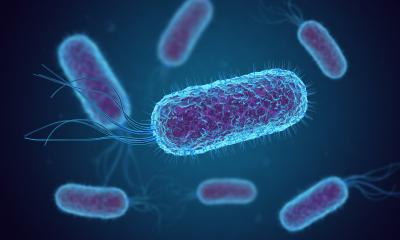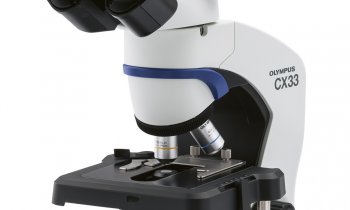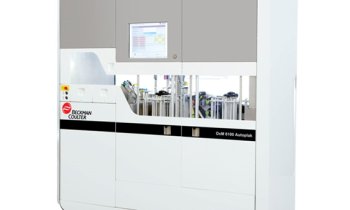Using fruit flies to help understand cancer
Small and with a life cycle of just two weeks, fruit flies are seen by many as pests and a problem all year round. However, for nearly a century, the humble insect, officially known as Drosophila melanogaster, which measures no more than 3mm, has performed a vital role in genetics and developmental biology. Fruit flies are genetically diverse and easy to use in research, helping scientists in a variety of studies, from how the brain functions to how cancer develops.
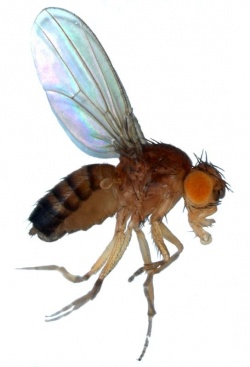
Dr Mark Matfield of the Association for International Cancer Research (AICR) explained: “Cancer is a disease of the most fundamental processes of living organisms, which is why it is found in all animals. The basic causes and mechanisms remain the same, from fruit flies to humans. Over the last twenty years, research into these tiny, simple, insects has resulted in major advances in cancer research. That is why, at AICR, we are keen to support high-quality research in this area.”
Changes to proteins in a cell underlie many cancers and using funding from AICR, a team of scientists in Portugal, Belgium and Norway plan to use the fruit fly to understand exactly how changes to proteins, identified in the test-tube, impact on how cells divide in a living organism.
Dr Rui Martinho at the Instituto Gulbenkian de Ciência (IGC), in Portugal, in collaboration with researchers in Ghent (Belgium) and Bergen (Norway) hopes the study will increase understanding of how cancer begins.
One way that cells control the activity of their genes or proteins is to add on specific chemical groups or 'tags' to modify them (80-90% of normal human proteins are modified in this manner).
However, it is known that some of the enzymes responsible for these modifications are present at increased levels in certain aggressive cancers, or they are responsible for incorrect tagging which can drive the cell to grow and divide in an uncontrolled manner, forming a tumour.
In the fruit fly, Dr Martinho and his collaborators propose to unravel the behaviour of one of these enzymes in order to understand its role in the growth and division of cells.
The modifications carried out by this enzyme affect a wide range of cellular functions during cell division and apoptosis (programmed cell death) essential for the normal balance of the organism, but they may also be involved in the development of cancer.
He explained: “We will focus on the enzyme San, to try to identify what it acts upon in the cell, how it is regulated, the consequences of its actions and, ultimately, its effect on how cells divide.
“Our approach will allow a better understanding of the impact of these modifications in healthy cells and cancer development in a living context closer to our own, rather than in human cells grown in test tubes or in unicellular organisms, such as yeast, as previous studies have done.”
Dr Martinho's proposal, worth 147.000 Euro, was one of 23 successful projects, totalling more than £4million, approved by AICR in March this year and which recently got under way.
The charity has previously funded another project at IGC led by Dr Miguel Godinho-Ferreira, principal investigator of the Telomers and Genome Stability group. Dr Godinho-Ferreira's findings were recently published in the prestigious scientific journal: 'Nature' and AICR has high hopes for this current grant.
Picture Credit: WWU - Banovic
25.10.2010



